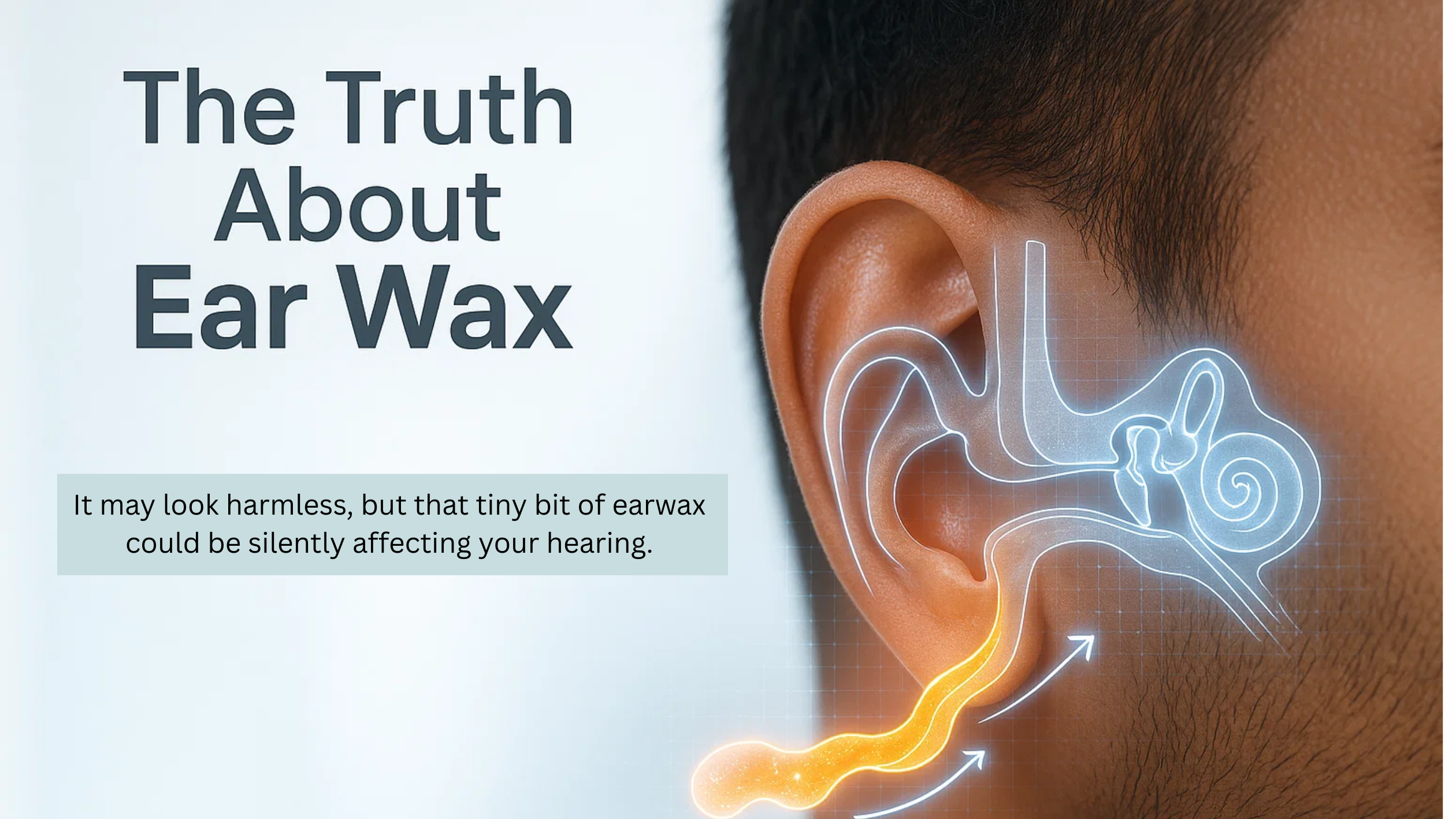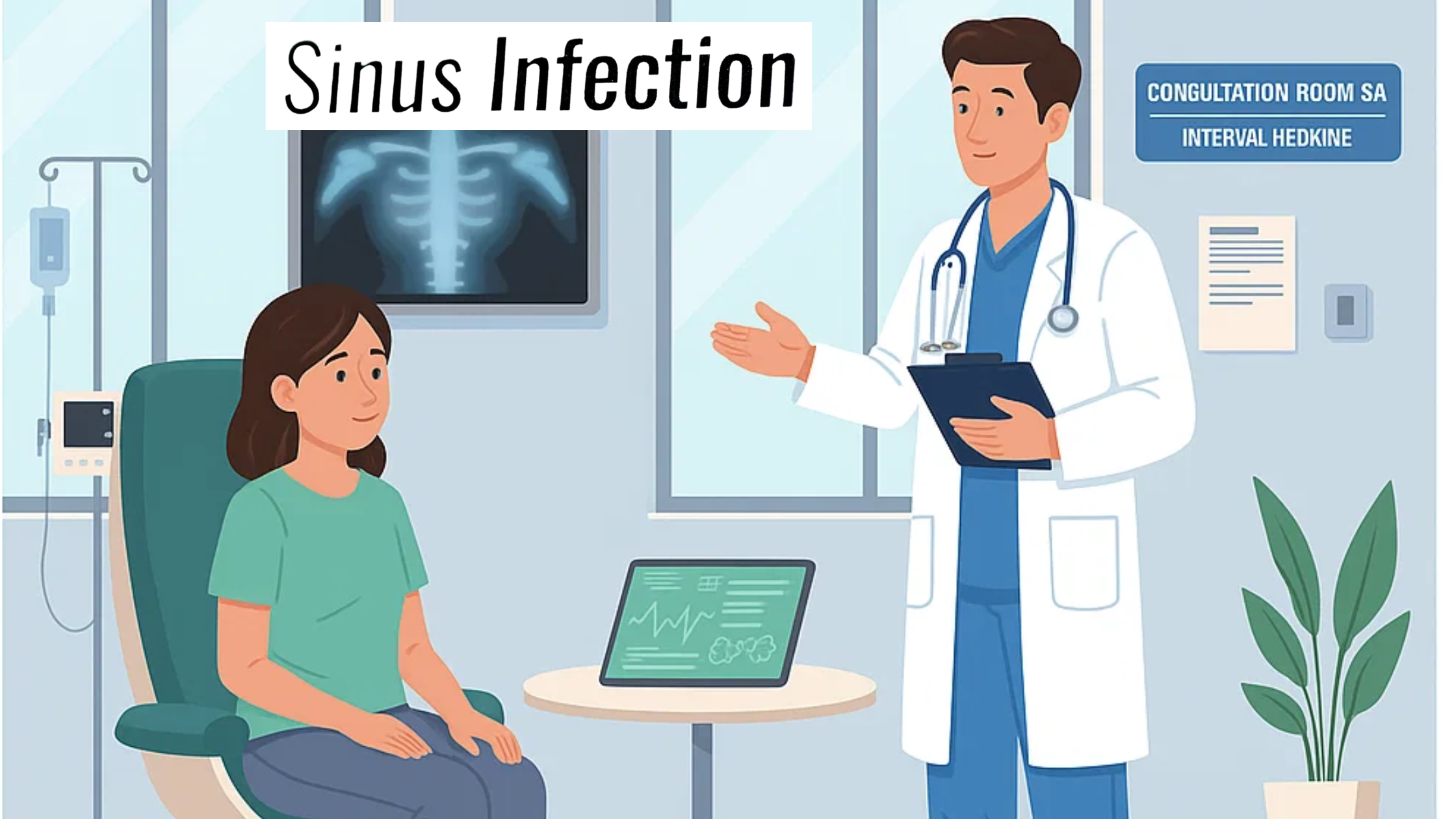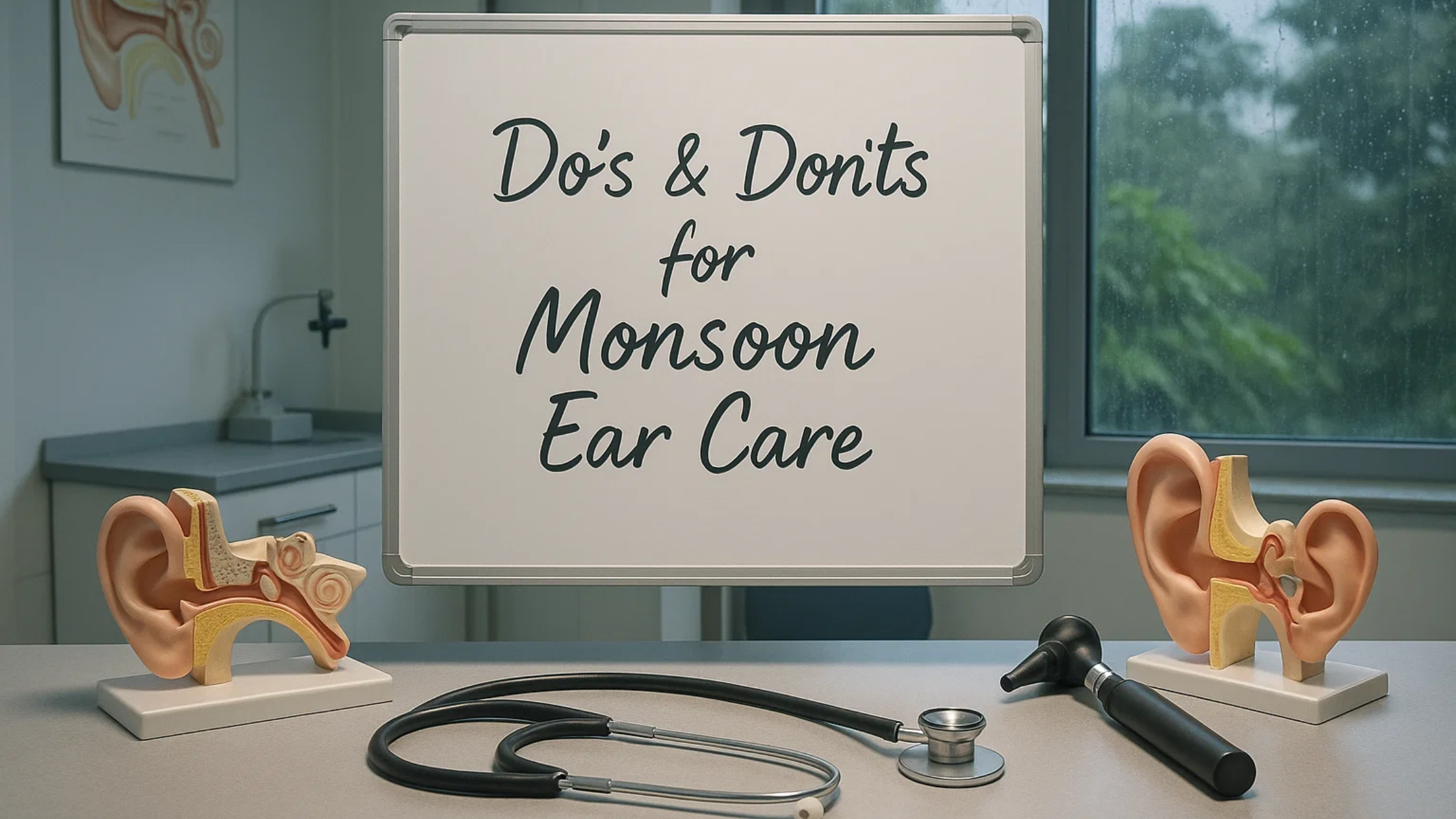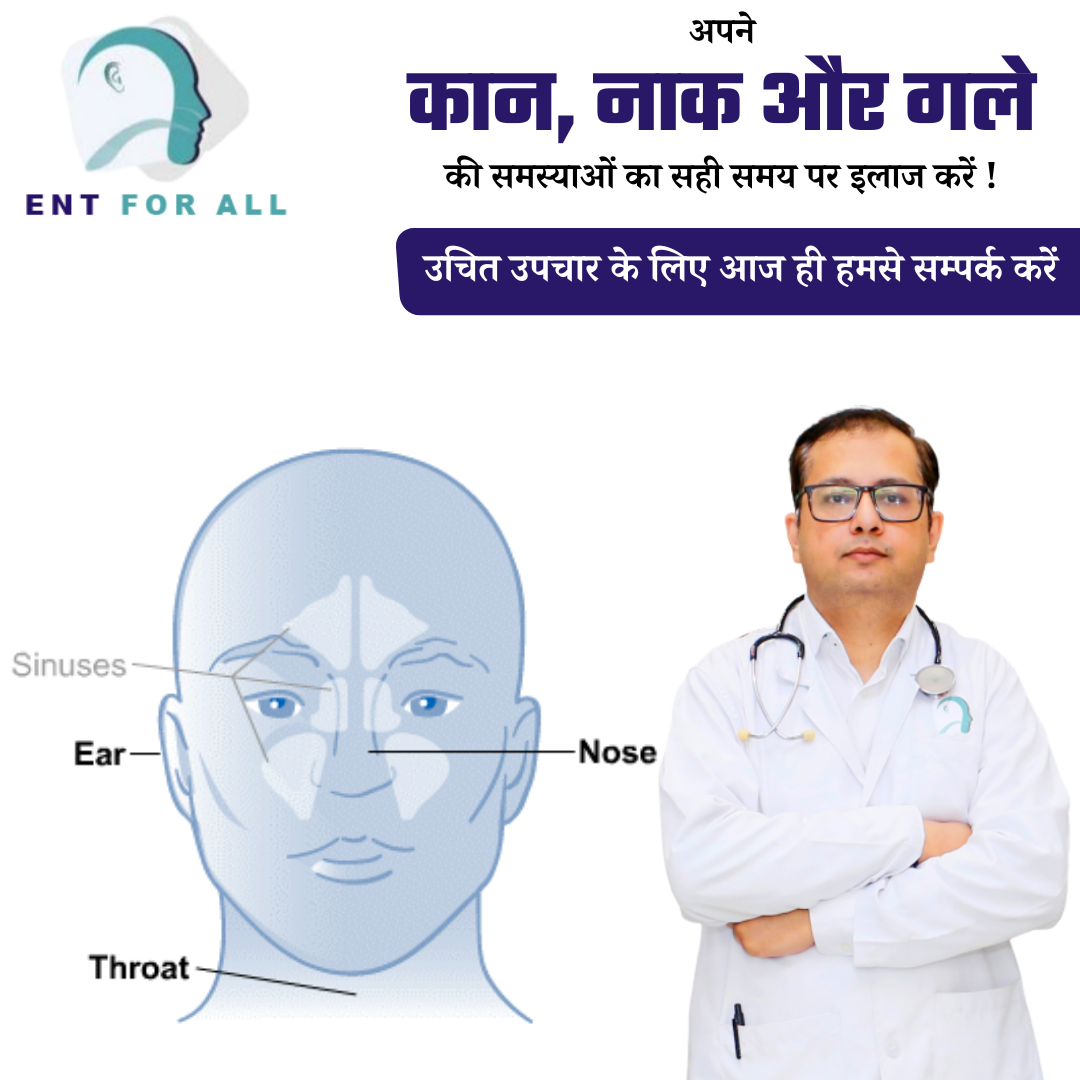1. The Hidden Struggle of Losing Balance
Imagine suddenly feeling unsteady while walking, standing up, or even while driving. Balance issues can strike without warning, making daily tasks difficult and sometimes even dangerous. While many people dismiss these episodes as fatigue or aging, the truth is that loss of balance is often linked to the inner ear—an area ENT specialists focus on.
Balance is essential for coordination, safety, and independence. Understanding why we lose balance can help us seek timely care and prevent complications.
2. Understanding Balance: How the Ear Controls It
Balance depends on a finely tuned system involving the inner ear, brain, and eyes. The inner ear, specifically the vestibular system, detects motion and changes in head position. This information is relayed to the brain, which combines it with visual cues and muscle feedback to keep us upright. When the inner ear system is disrupted, the brain receives conflicting signals, leading to dizziness, unsteadiness, or vertigo.
3. Common ENT-Related Causes of Balance Problems
ENT specialists often diagnose balance disorders linked to inner ear issues. The most common include:
| Condition | Description |
|---|---|
| Benign Paroxysmal Positional Vertigo (BPPV) | Causes sudden spinning sensations triggered by head movements. |
| Meniere’s Disease | A condition where fluid buildup in the inner ear leads to vertigo, hearing loss, and tinnitus. |
| Labyrinthitis & Vestibular Neuritis | Viral or bacterial infections that inflame the inner ear, causing dizziness and imbalance. |
| Earwax Blockage | Surprisingly, even something as simple as earwax can interfere with balance. |
| Age-Related Degeneration | Natural wear and tear of the vestibular system contributes to imbalance in older adults. |
4. Other Contributing Factors to Balance Loss
While ENT causes are common, other conditions may also affect stability:
- Neurological Disorders: Parkinson’s disease, migraines, and multiple sclerosis.
- Circulatory Issues: Low blood pressure or poor blood flow to the brain.
- Medication Side Effects: Certain antibiotics, sedatives, or diuretics can impact balance.
5. Symptoms That Indicate Balance Disorders
Watch for these warning signs:
| Symptom | Description |
|---|---|
| Persistent Dizziness or Vertigo | A constant spinning or swaying sensation that makes it hard to focus or move normally. One of the most common indicators of inner ear problems. |
| Difficulty Walking Straight or Frequent Falls | Struggling to maintain a straight path or tripping often may point to a weak vestibular system. It increases the risk of accidents if left untreated. |
| Nausea, Blurred Vision, or Ringing in the Ears | These symptoms often accompany dizziness and may be linked to an inner ear fluid imbalance. They can make reading, driving, or daily activities difficult. |
| Severe Imbalance with Sudden Hearing Loss or Fainting | A red flag requiring immediate medical attention. It may signal a serious ear or neurological condition. |
| Sensitivity to Motion (Car Sickness or Difficulty in Crowds) | People with balance disorders often feel worse in moving vehicles or busy environments due to conflicting signals between the eyes and ears. |
| Confusion or Difficulty Concentrating | Balance issues can cause mental fatigue and poor focus, especially after dizziness episodes. |
| Headaches or Pressure in the Ear | A feeling of fullness or pressure in the ear, sometimes with headaches, may indicate conditions like Meniere’s disease. |
| Unsteady Posture When Standing Still | Even without moving, a person may feel swaying or rocking. This instability worsens in the dark when visual cues are absent. |
6. Diagnosis: How ENT Specialists Evaluate Balance Issues
ENT specialists use a combination of medical history, clinical evaluation, and diagnostic tests to identify causes:
- Hearing Tests (Audiometry).
- Vestibular Function Tests (VNG, ENG).
- Imaging (MRI/CT scans) when deeper neurological causes are suspected.
7. Treatment Options from an ENT Perspective
Treatment depends on the root cause, but common approaches include:
- Medications: To control infections, inflammation, or vertigo symptoms.
- Vestibular Rehabilitation Therapy (VRT): Exercises designed to retrain the brain and improve balance.
- Lifestyle Modifications: Hydration, dietary adjustments, and reducing caffeine or alcohol.
- Surgery: Rarely required, but an option in chronic, severe cases of Meniere’s disease or other inner ear conditions.
8. Self-Care & Prevention Tips
Simple daily habits can reduce the risk of balance problems:
- Stay hydrated and maintain a healthy diet.
- Avoid sudden, jerky head movements.
- Limit smoking, caffeine, and alcohol.
- Schedule regular ENT check-ups if you experience recurring dizziness or ear issues.
9. When to See an ENT Specialist
Consult an ENT if:
- Balance problems persist for more than a few days.
- You experience imbalance with hearing loss, tinnitus, or ear pain.
- Falls or recurrent dizziness interfere with your daily life.
Prompt diagnosis ensures early treatment and reduces the risks of accidents or long-term damage.
10. Conclusion
Loss of balance is not always just a part of aging—it often reflects deeper ENT-related or systemic issues that require attention. Conditions such as inner ear infections, fluid imbalances, vestibular disorders, and age-related degeneration can disrupt the body’s balance system, leading to dizziness, unsteadiness, and increased risk of falls. Other factors like neurological disorders, circulatory problems, or side effects from medications may also contribute.
Addressing balance issues early not only restores physical stability but also boosts confidence, independence, and safety in everyday activities. With professional care, most ind
Expert ENT Care You Can Trust
For professional evaluation and treatment of balance issues or other ENT concerns, visit ENT FOR ALL, led by renowned surgeon Dr. Sushant Joshi. Recognized as the top ENT clinic in Rajasthan, located in Udaipur, ENT FOR ALL offers comprehensive services, including Deafness, Allergy, Voice, and Nose clinics, providing expert care and the best outcomes for patients in Udaipur.
















